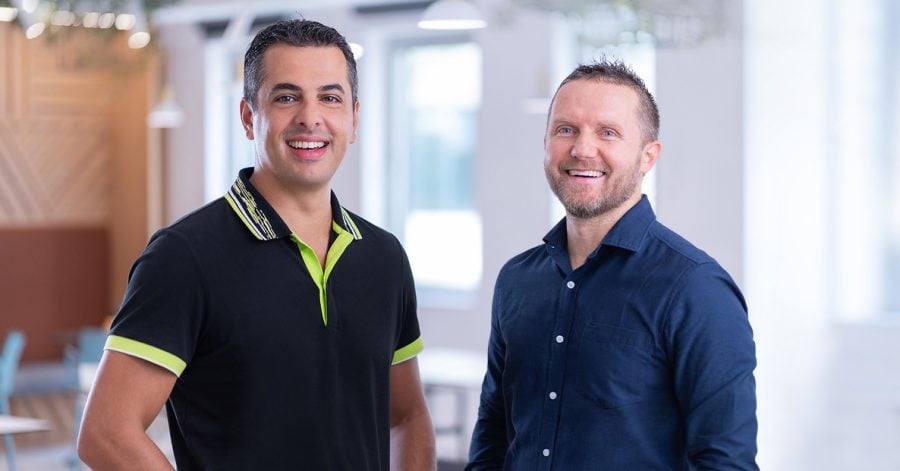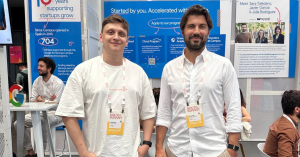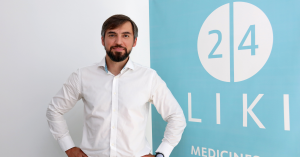Serbia-founded software engineering and digital product development company HTEC Group has acquired Sarajevo-based Mistral Technologies and its team of over 300 experts, making it the largest tech company in the Balkan country.
With the latest acquisition, HTEC’s team now has more than 2,000 employees, with development centers across Southeast Europe. The company operates in six countries, with offices located in the Silicon Valley, London, New York, Minneapolis, Amsterdam, Stockholm and Gothenburg.
HTEC supports global clients with complete digital product development, from strategy and conceptualization to digital product design and engineering on scale, across domains such as healthcare, retail, transportation and mobility, logistics, fintech, green energy, media, and deep tech.
“Going forward, we will continue to bring together by far the most talented technical and creative professionals in Southeast Europe and expose them to global market opportunities,” Aleksandar Cabrilo, co-founder and CEO of HTEC, said in a statement.
Boosting its presence in Southeast Europe
The newest member of HTEC Group, Mistral was founded in Sarajevo in 2010, bringing globally relevant projects to local professionals. Now, the Bosnian company looks to complement and extend HTEC’s domain expertise in fintech, telco, multimedia, and other key industries.
“After building a successful business for the last 12 years in Bosnia and Herzegovina, we realized that a partnership with HTEC Group would bring great value both to the market of Bosnia & Herzegovina and to our company,” Mistral’s co-founder and CEO Mersed Camdzic said.
“We are perfectly aligned with HTEC Group in terms of our values and service delivery and I am confident we will soon become the most desired partner of choice globally, for the most complex engineering challenges,” Camdzis added.
Founded in 2008, HTEC already has a strong development team in Eastern Europe, comprising over 2,000 engineers from Serbia, Bosnia and Herzegovina, North Macedonia, Romania and Hungary.
The company currently has 35 employees in four cities in Romania (Bucharest, Cluj, Iasi, Temisoara), and by the end of 2024 it plans to hire up to 450 professionals in the country.
In January 2022, HTEC raised $140M from growth equity investment firm Brighton Park Capital for scaling the company’s capacities to serve its growing global customer base through acquisitions and organic growth.








